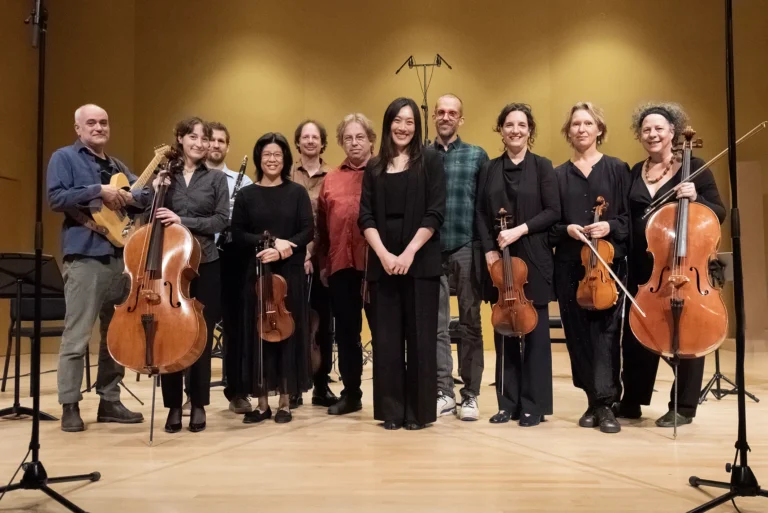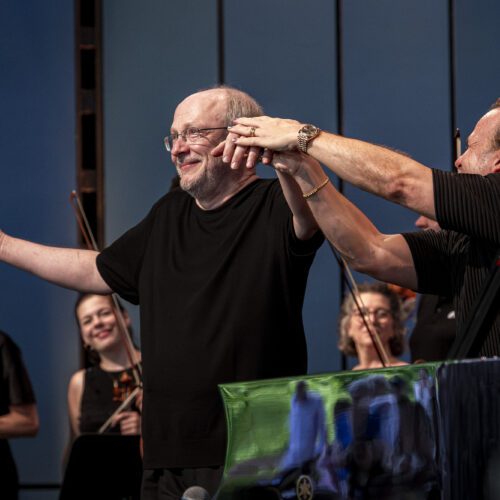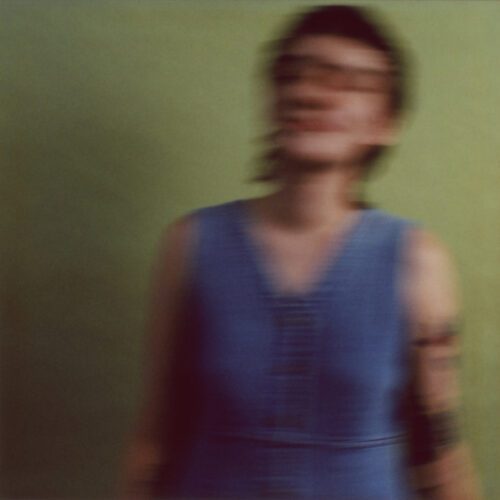The Quatuor Bozzini performed last night at the Conservatoire de Montréal, in collaboration with several collectives. The concert was presented as part of Québec musiques parallèles, an initiative by the Quatuor Bozzini (Alissa Cheung and Clemens Merkel on violin, violist Stéphanie Bozzini and cellist Isabelle Bozzini) to bring new music outside the major urban centers. The program presented in Montreal has already been performed in Trois-Rivières and will be in Jonquière on Sunday.
The work presented is Grounds of Memory, by composer Jürg Frey, for soprano and chamber orchestra. Quatuor Bozzini was joined by the Dedalus ensemble, comprising Didier Ashour (guitar), Joris Rühl (clarinet), Stéphane Garin (percussion), Silvia Tarozzi (violin), Cyprien Busolini (viola) and Audréanne Filion (cello), as well as soprano Peyee Chen. All these performers offered an evening of introspection and meditation to the audience gathered for the occasion.
Jürg Frey’s piece could almost be described as minimalist. Indeed, the focus is more on the sounds that the various instruments can produce. The sonic atmosphere is uncluttered, with each instrument playing one note at a time, in turn. The atmosphere is soaring, conducive to contemplation and calm. Throughout the hour-long Grounds of Memory, the sound level remains more or less the same, with the exception of a percussion crescendo towards the middle of the piece. The musicians are exceptional listeners, sharing the melody in such a way that the instruments and their timbres blend together. If one had listened to this work with closed eyes, one might have thought there was only one violin instead of three, such is the concern for uniformity.
The accompanying text, sung by soprano Peyee Chen, is a collage of poems written by Jürg Frey himself, as well as by Arakida Moritake and Emily Dickinson. Once again, the singing responds to a pared-down aesthetic, where each syllable is enunciated clearly and slowly, and almost entirely monodic. The text, though printed and inserted in the evening’s program, remains clear without the need for simultaneous reading. Chen’s voice is clear and pure, with no vibrato despite the notes held. This is a constant throughout the piece: the notes held are immutable, which makes this work and this interpretation all the more remarkable for the accuracy, quality and solidity of the sound.
The piece ends much as it began, with a solitary violin note that fades into space. A long moment of contemplation separates the end of the piece from the applause. Applause well deserved, as the musicians delivered a performance of the highest level.
For more concerts by Le Vivier, click HERE.
Photo credits: Elaine Louw Graham
























